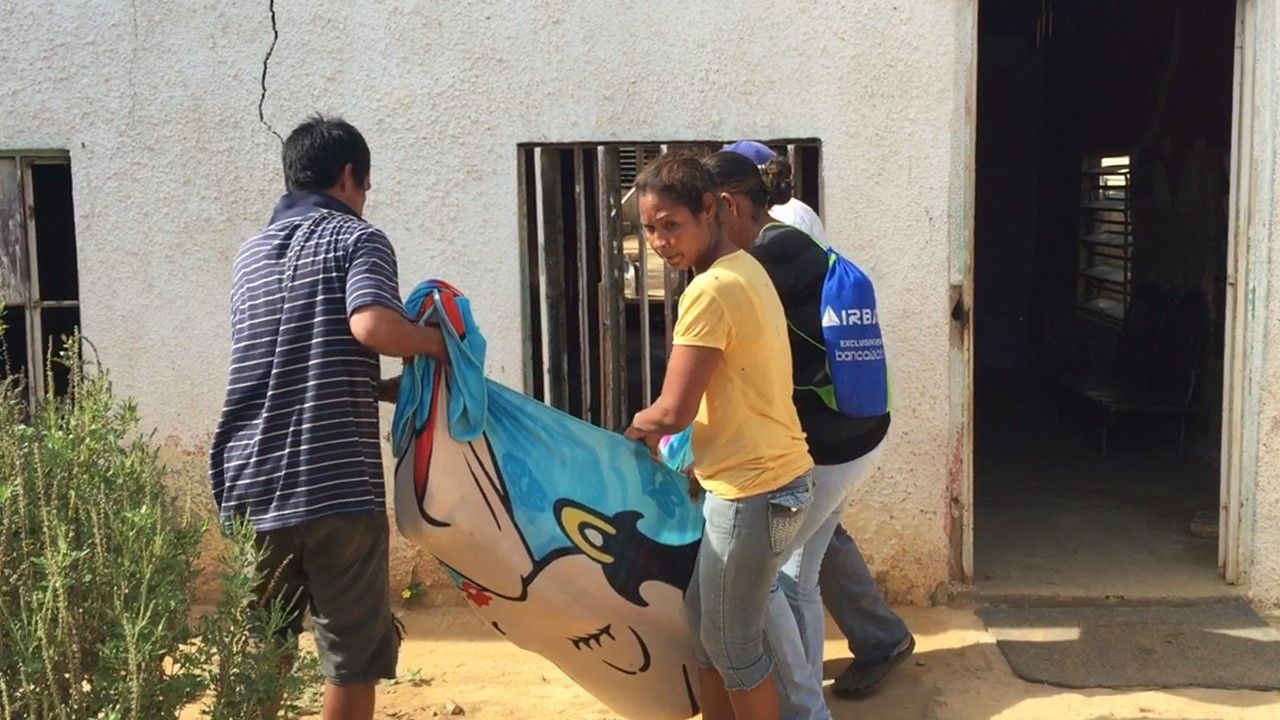
The socioeconomic collapse in Venezuela also means the dead can't fully rest in peace.
Hyperinflation rate, which had recently reached 150,000 percent last month based on a Bloomberg report, has made it more difficult for Venezuelans to bid farewell to their relatives because they can't find wood and metal for coffins, as well as cement to create graves, to conduct traditional burials, according to Reuters.
As a result, many locals have resorted to cremation services, but even crematories are unable to meet such a high demand because they're struggling to obtain propane gas, increasing the cost of cremation by 108 percent in just a week, according to sources consulted by the news service.
For those Venezuelans who can't afford to leave their loved ones in a morgue or carry out a proper burial, they have no option but to place them in an "unmarked common grave at the edge of the cemetery," as 27-year-old Angélica Vera, from Venezuela's western state of Zulia, where the use of common graves have been more recurrent, told Reuters.
"My father died and I could not even hold a wake because I had no way of getting the money," said Vera, who works as a cashier. "What us Venezuelans are living through is denigrating."
Even though Venezuela sits on one of the world's largest natural gas reserves—and possibly the second largest in the Western Hemisphere behind the U.S.—natural gas consumption plummeted in 2014 according to the World Energy Council, and its production falls far behind from the development of oil, which has already experienced a dramatic decline in recent months. Even though petroleum production is dipping, Venezuela continues to be one of the top exporters of crude oil to the U.S., a report from the U.S. Energy Information Administration said.
Once Latin America's most prosperous nation, Venezuela had relied on high oil prices during President Hugo Chávez's 14-year tenure, helping him finance poorer Caribbean countries and social programs. But the economy worsened as prices started to plummet ever since Nicolás Maduro assumed power as president after Chávez's death, in 2013. Mismanagement of oil production, a rapid depreciation of the Bolivar currency, food and medicine shortages and rampant violence have forced 3 million Venezuelans to flee their country since 2015, according to a report from the United Nations.
In the wake of a crumbling economy, Maduro met Russian President Vladimir Putin in Moscow this week "to review several topics, under the framework of a vast agenda of bilateral cooperation," according to a tweet from the Venezuelan strongman. Despite the Trump administration's financial sanctions on Venezuelan officials, Putin defied the White House by agreeing to invest at least $6 billion in oil and gold production, The Miami Herald reported Thursday.
Uncommon Knowledge
Newsweek is committed to challenging conventional wisdom and finding connections in the search for common ground.
Newsweek is committed to challenging conventional wisdom and finding connections in the search for common ground.
About the writer
Robert Valencia is deputy world editor for Newsweek. Robert has covered issues related to drug policy, human rights, U.S. presidential ... Read more
To read how Newsweek uses AI as a newsroom tool, Click here.








